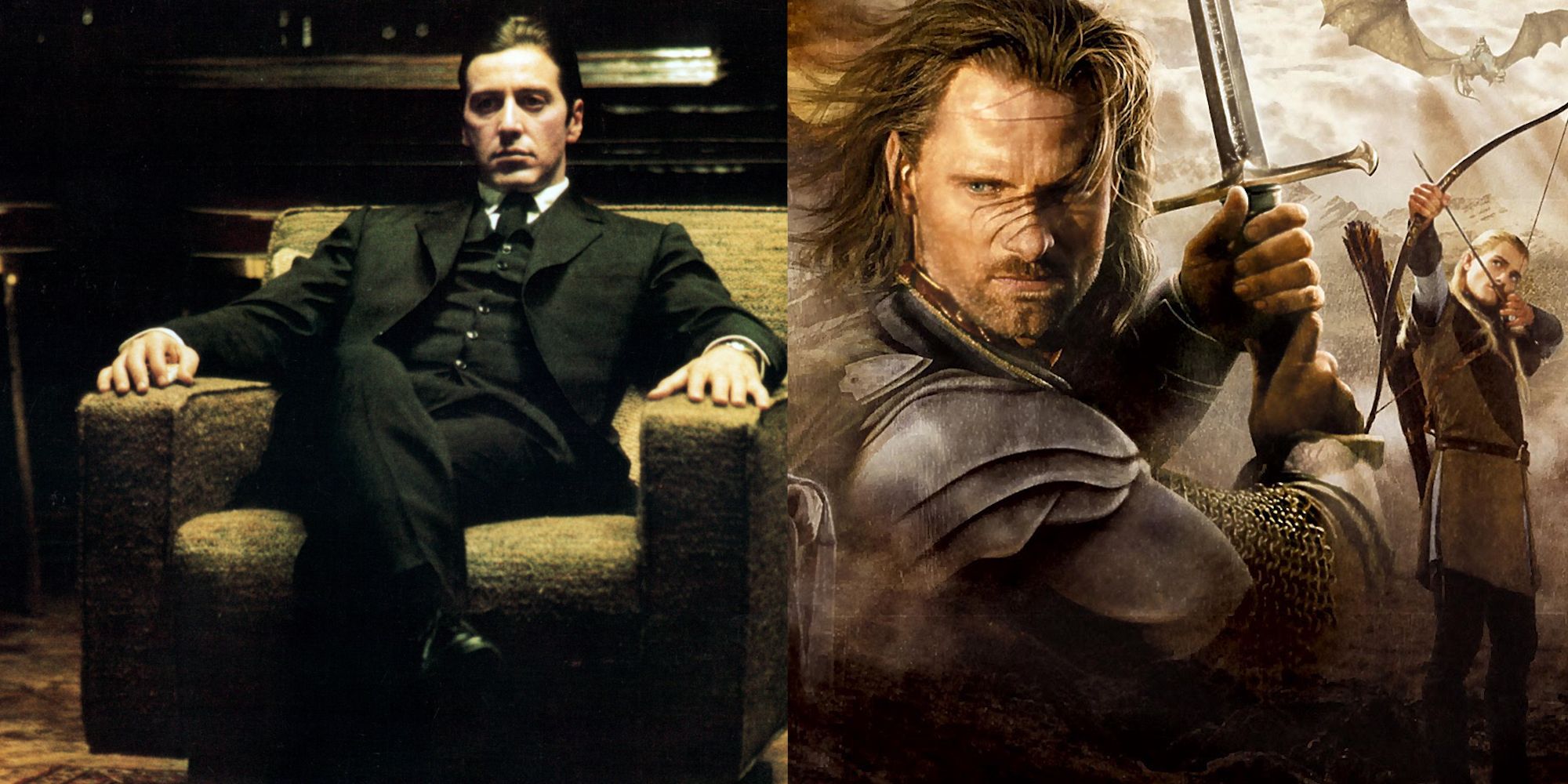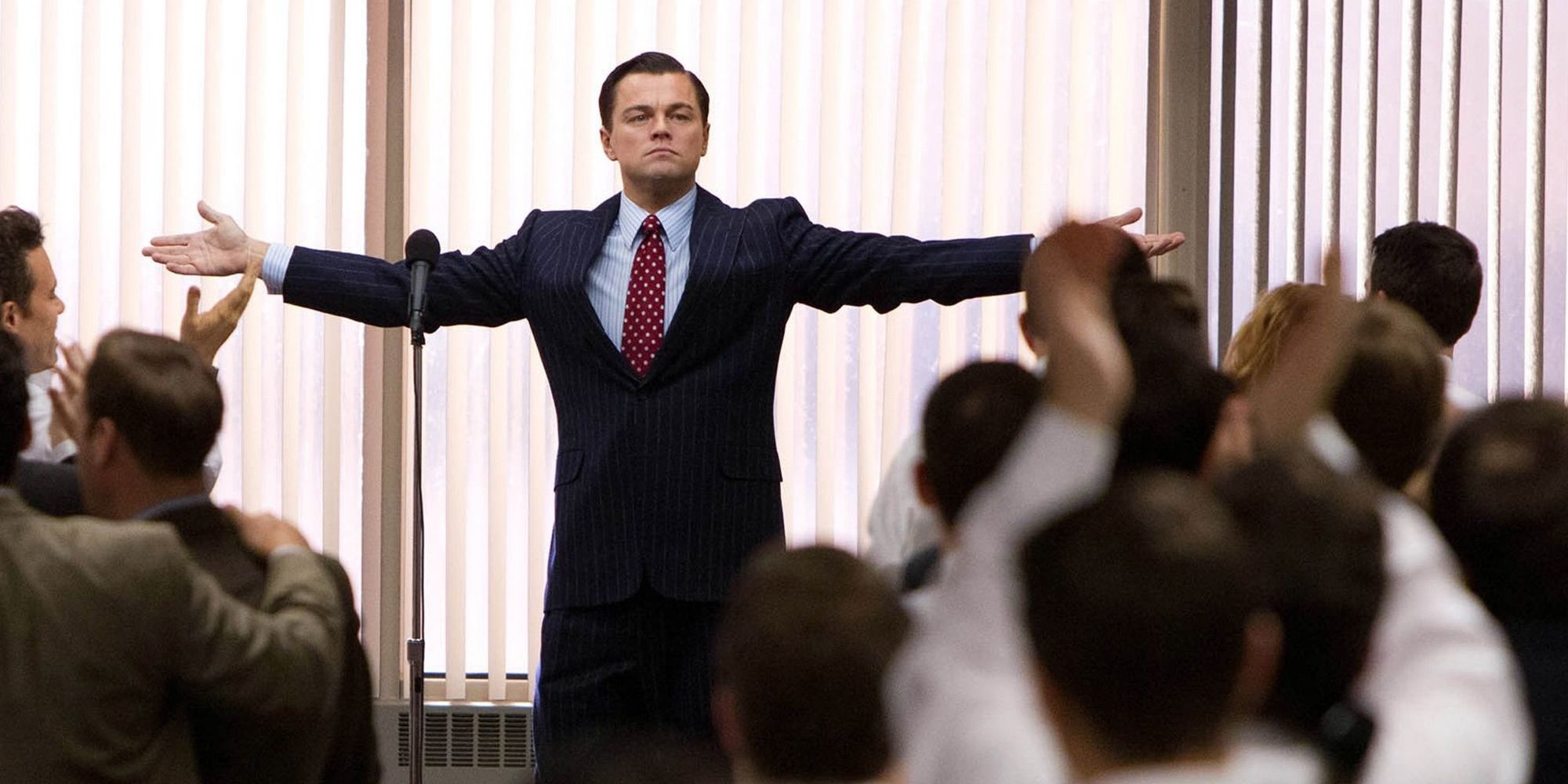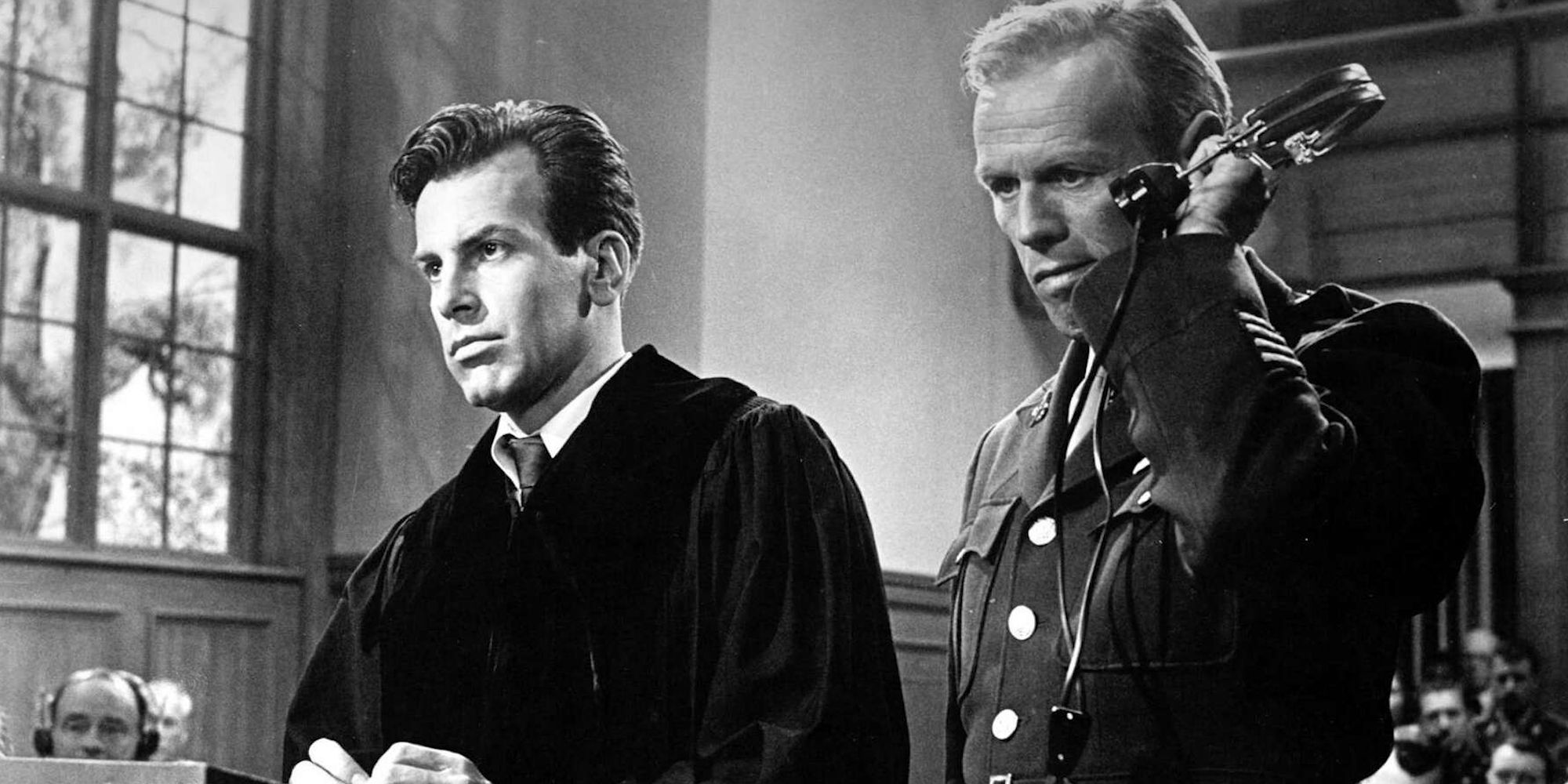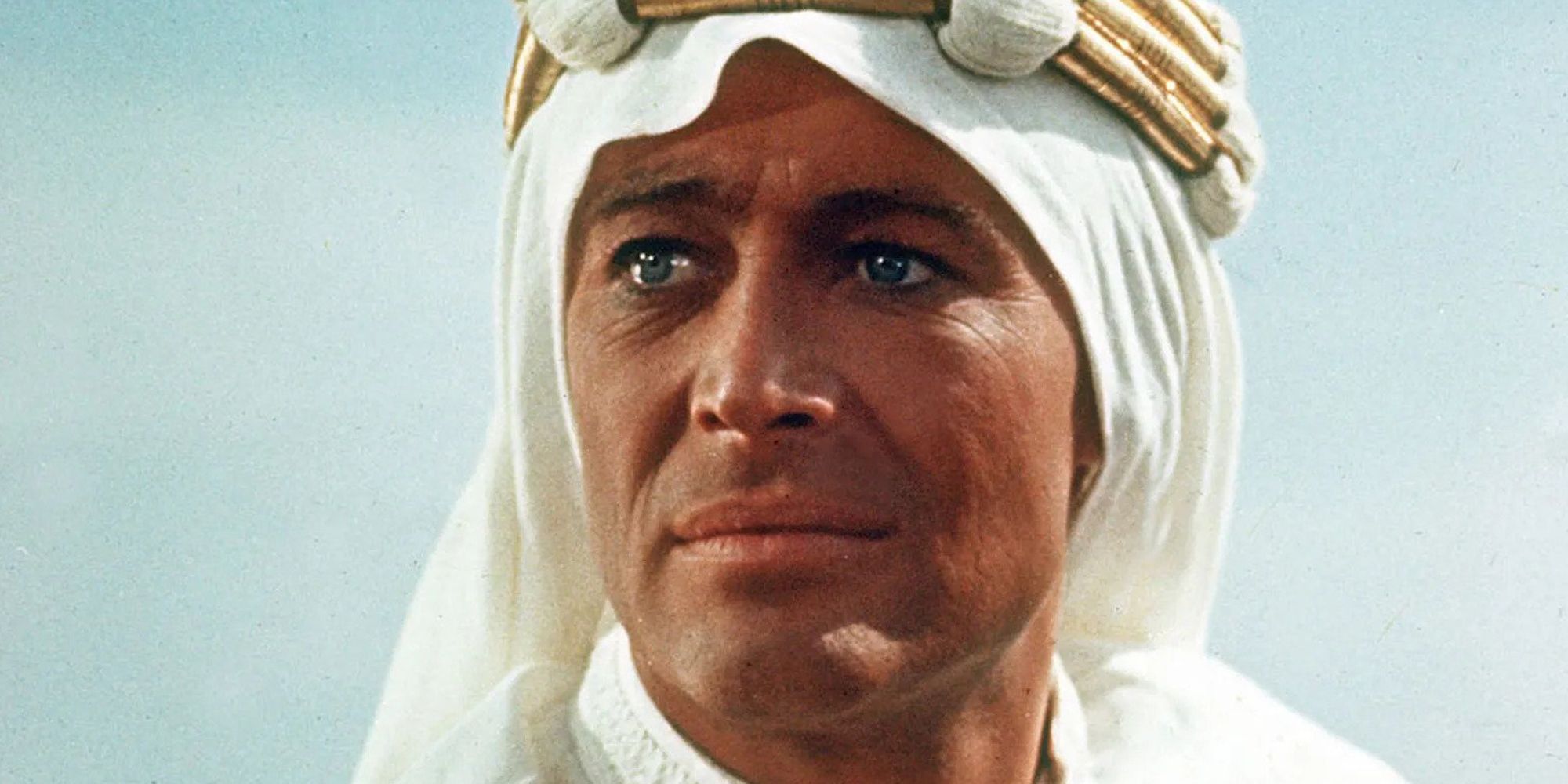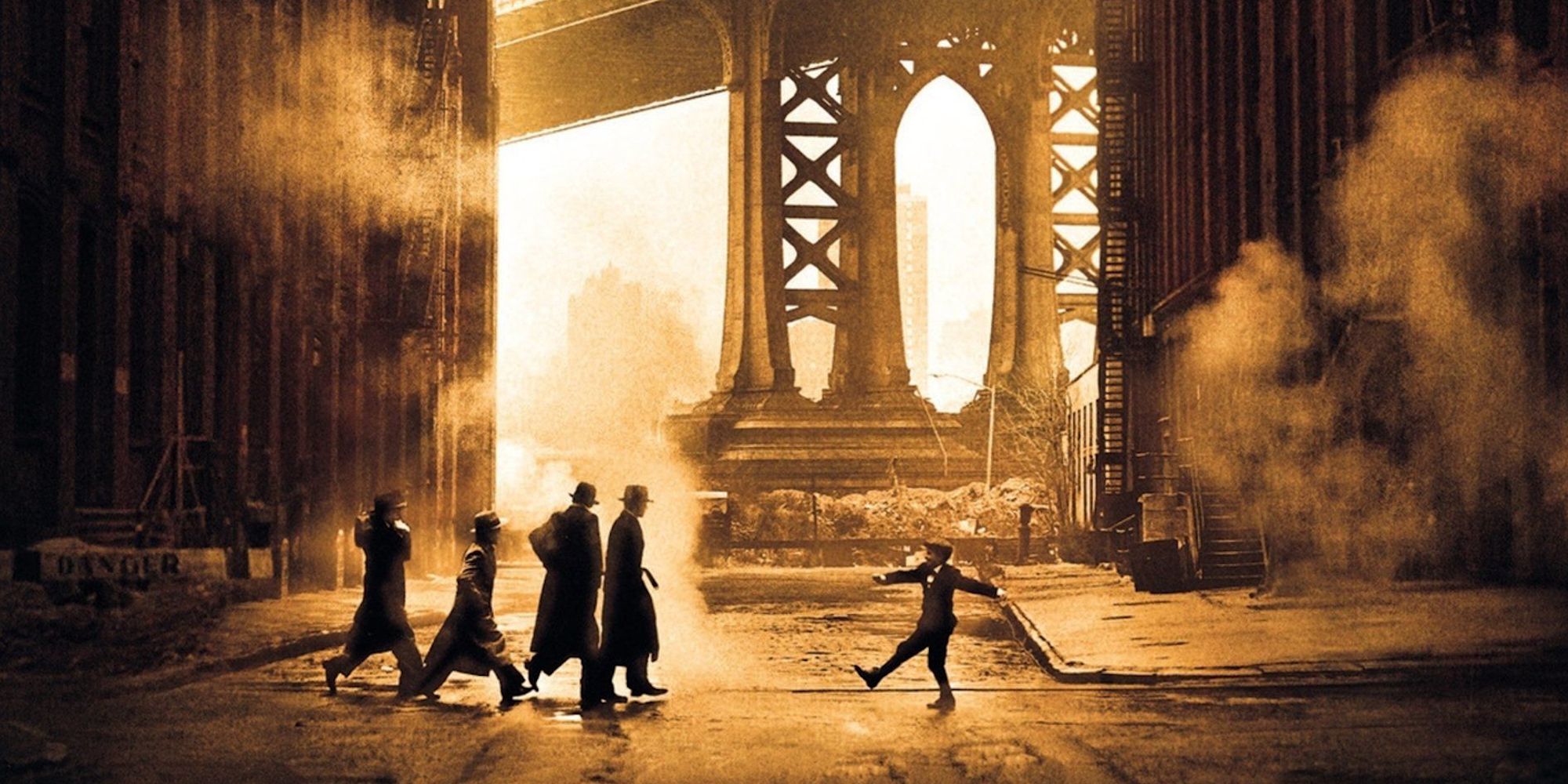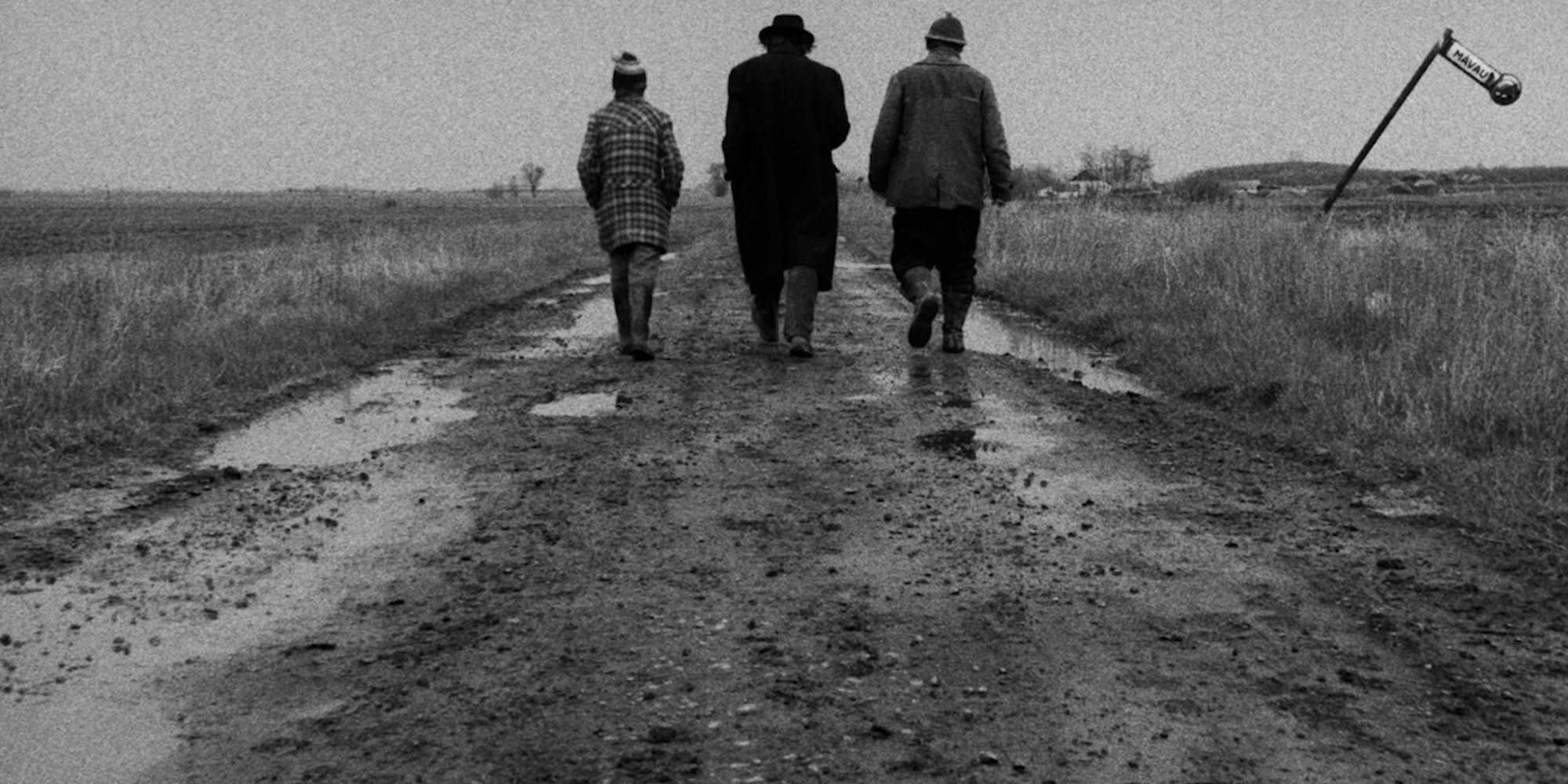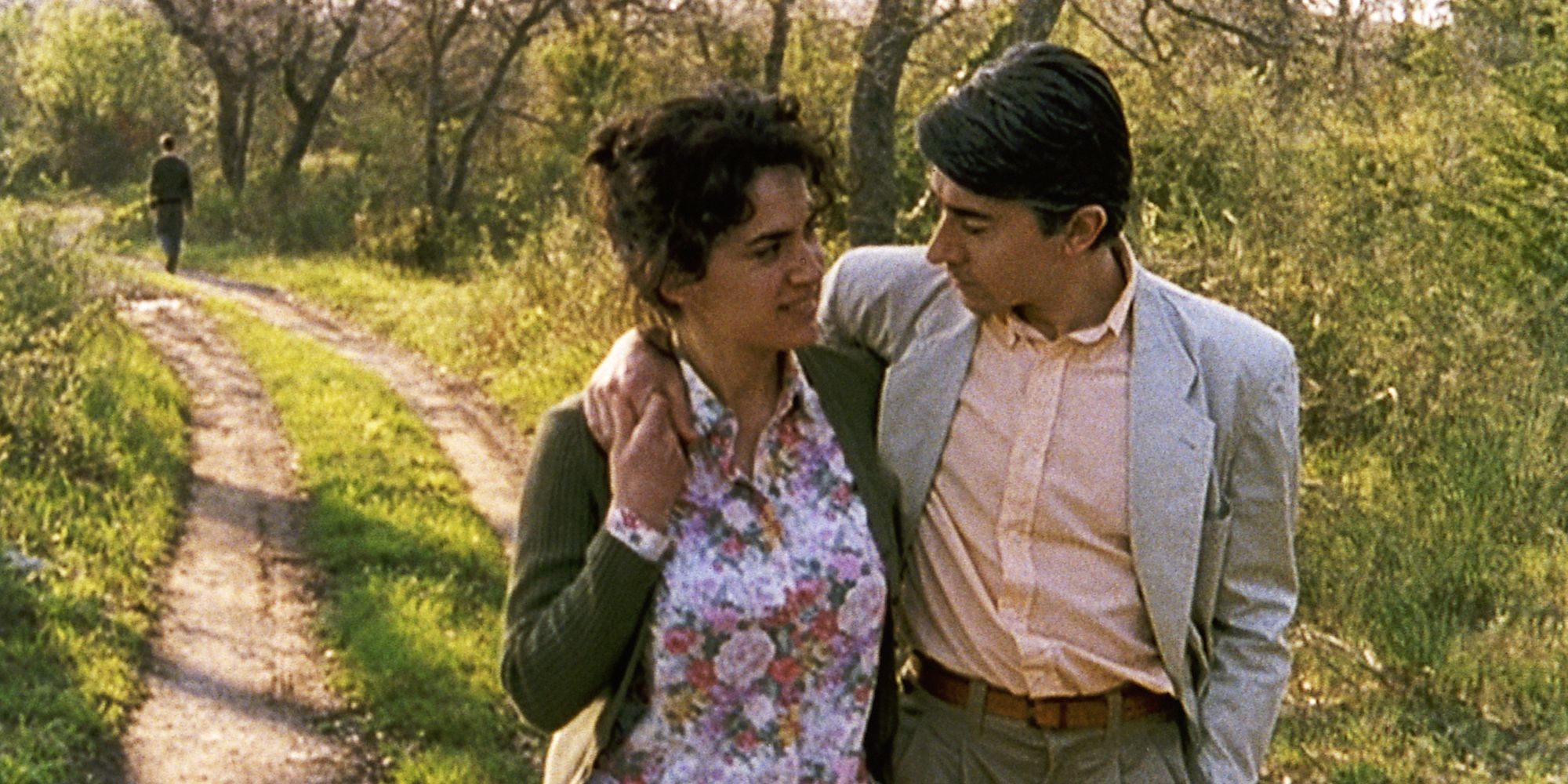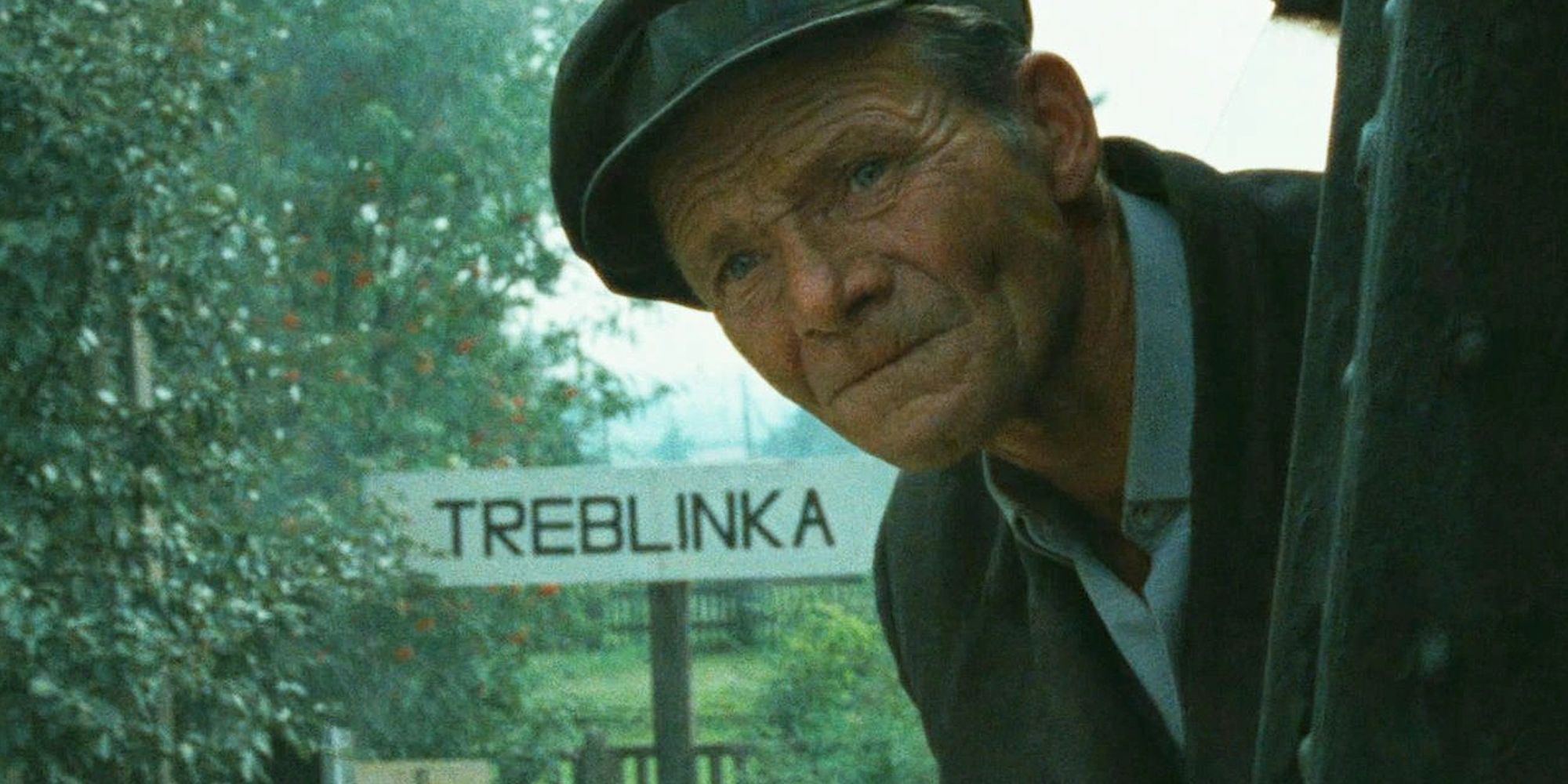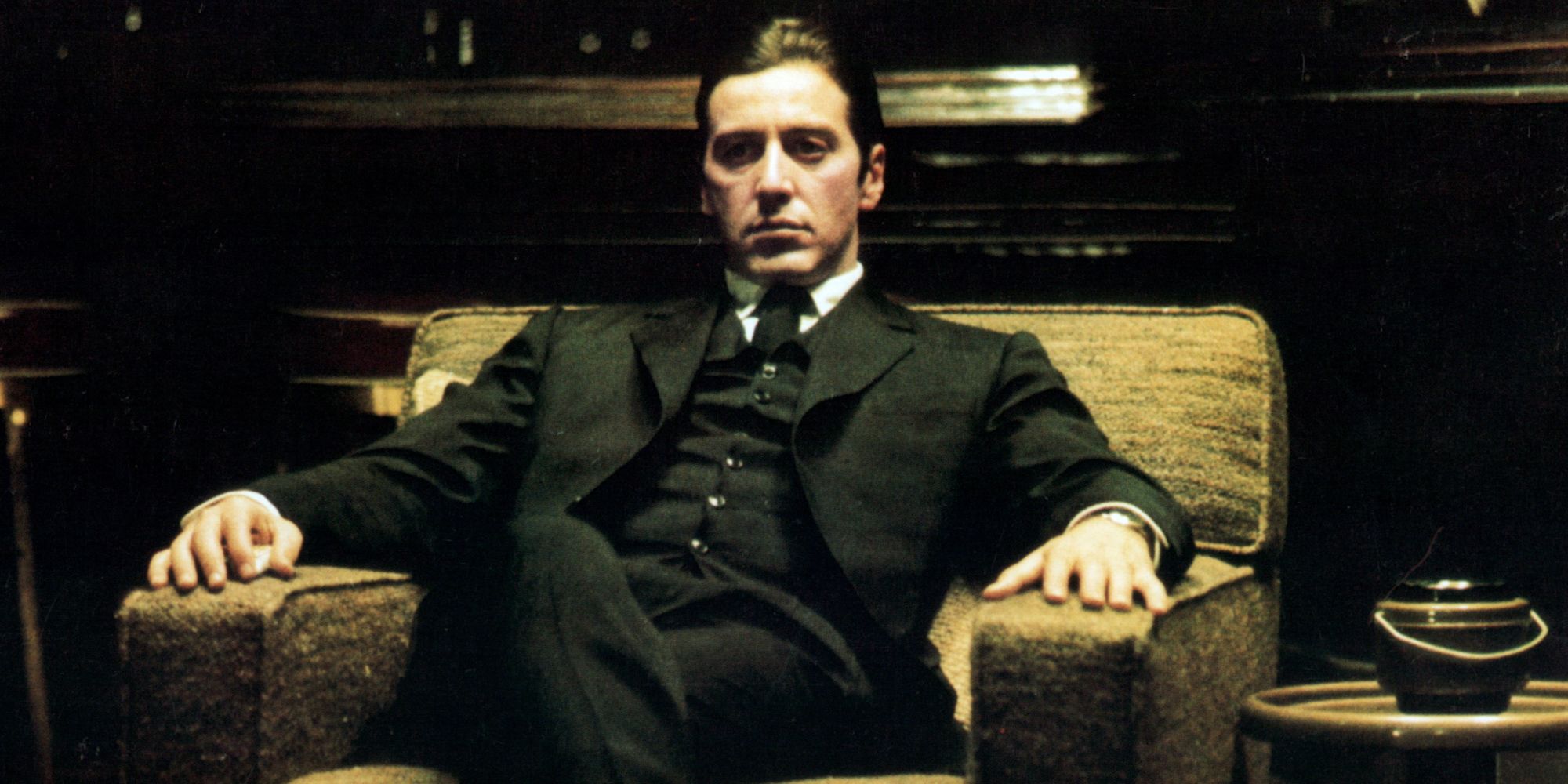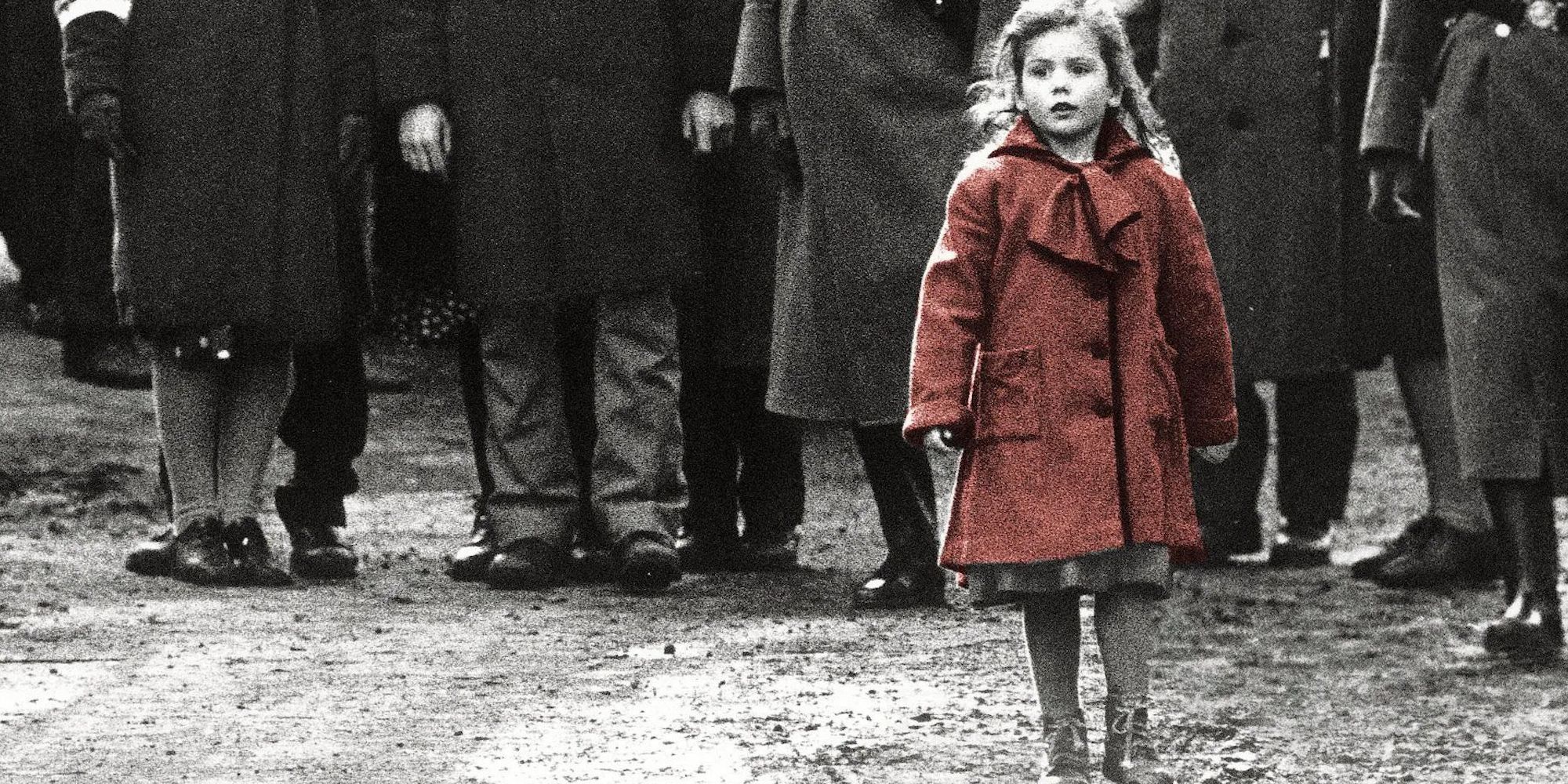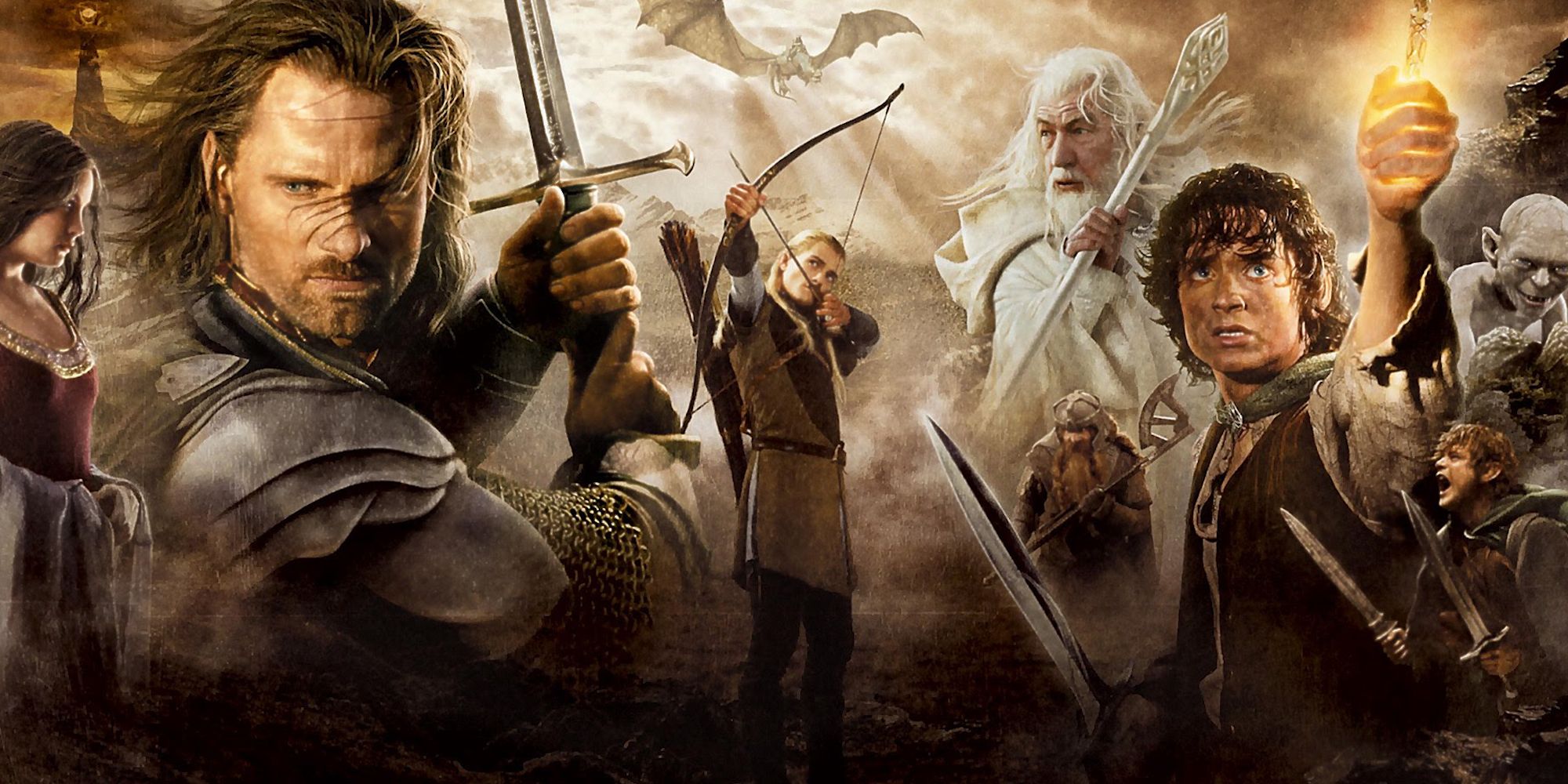Most movies run between ninety minutes and two hours, just long enough to entertain before viewers start squirming in their seats. But some films push the audience's attention span to the edge in service of a grander purpose. Over the decades, there have been some true cinematic epics, stories that are huge in scale, sweeping in scope, and unafraid to run past the three-hour mark.
These range from historical dramas and fantasy adventures to gangster stories and detailed character studies. What they all have in common are larger-than-life narratives and directors with the audacity to realize them. They include some of the most iconic and influential movies ever made.
'The Wolf of Wall Street' (2013) - IMDb: 8.2/10
The Wolf of Wall Street is one of the last decade's true epics: a no-holds-barred deep dive into corruption, depravity, and obscene wealth. From Matthew McConaughey's chest-beating to Jonah Hill's fake penis to Leonardo DiCaprio's disastrous Quaalude trip, everything about this movie pulses with energy and black humor.
On release, The Wolf of Wall Street drew both rave reviews and moral criticism. Some commentators slammed the movie for failing to condemn its hero sufficiently. After years of crime, Jordan Belfort (DiCaprio) gets away basically scot-free. But that's precisely the point. Watching the film, we're meant to be disgusted at the lack of justice for the crooked millionaire. In contrast, Michael Douglas's Wall Street, where the villain finally meets his comeuppance, looks like a naive fairytale.
'Judgement at Nuremberg' (1961) - IMDb: 8.3/10
This four-hour courtroom drama presents a fictionalized account of one of the Nuremberg Trials in the wake of World War II, where Nazi leaders were held to account for their crimes. It's a grim but important piece of historical reenactment. Released less than two decades after the war, it was made for a public that had lived through the events it depicts.
Spencer Tracy and Burt Lancaster star while William Shatner and July Garland have supporting roles. Judgment at Nuremberg is heavy, and is definitely hard to watch in one sitting, but it grapples with complex ethical issues that are always relevant.
'Lawrence of Arabia' (1962) - IMDb: 8.3
This classic stars Peter O'Toole as British officer T.E. Lawrence, who served in an intelligence unit in the Middle East during World War I. He became closely involved in major events, like the Arab Revolt against the Ottoman Empire. Director David Lean crafts Lawrence's story into blockbuster adventure lightyears ahead of its time.
The film had a great influence on cinema. A host of directors, from Steven Spielberg and George Lucas to Stanley Kubrick and Brian DePalma, have cited it as an influence. It also features the most iconic match cut in film history.
'Once Upon a Time in America' (1984) - IMDb: 8.3/10
Once Upon a Time in America is the final film by legendary Western director Sergio Leone. It stars Robert DeNiro and James Woods as two young Jewish men who rise through the ranks of the New York underworld. It was initially a major flop but has since come to be widely regarded as one of the greatest gangster movies of all time.
Once Upon a Time in America swaps out the Wild West setting for Depression-era New York, but it maintains the same sensibility as Leone's earlier classics like The Good, The Bad, and The Ugly. It's a grand, violent tale that meditates on betrayal, loss, and aging.
'Sátántangó' (1994) - IMDb: 8.3/10
This Hungarian drama clocks in at a whopping seven hours. Directed by Béla Tarr from a novel by László Krasznahorkai, it begins with a dispute on a poorly-managed collective farm but soon broadens in scope with the appearance of an alleged prophet. But the narrative is secondary to the themes: the film is a critique of Soviet Hungary in particular and authoritarianism in general.
Sátántangó is a meditative tale that explores issues of authority and indifference. It's notable for its long takes; there are only 150 shots in the movie. It features plenty of striking images, especially its opening shot, which shows a herd of cows wandering a barren landscape before disappearing into the distance.
'The Best of Youth' (2003) - IMDb: 8.5/10
The Best of Youth follows a middle-class family in Italy from the 1960s to the 2000s. After attempting to save a young woman, brothers Nicola (Luigi Lo Cascio) and Matteo (Alessio Boni) take different directions in life. Nicola becomes a psychiatrist, while Matteo joins the police.
The film uses the diverging lives of Nicola and Matteo to explore the central events in Italian history during the second half of the 20th century. These include political upheavals, terrorist movements, and mafia corruption. However, it remains incredibly personal at the same time. Despite its broad historical scope, The Best of Youth is an intimate psychological portrait of the two brothers.
'Shoah' (1985) - IMDb: 8.7/10
At over nine hours long, Shoah is a sweeping documentary of the 20th century's darkest hour. The film recounts the Holocaust through extensive interviews with victims, witnesses, and perpetrators. Director Claude Lanzman spent four years on the interviews and another five editing the almost 350 hours of raw footage.
All this effort paid off. Shoah is an archive of people's experiences, presented in an accessible, engaging way. It is widely regarded as one of the greatest documentaries ever made. It has topped various critics' lists and polls of the best non-fiction films of all time. Film critic Roger Ebert praised the film as "an act of witness."
'The Godfather Part II' (1974) - IMDb: 9.0/10
The Godfather Part II is one of the rare sequels that improved upon the original. Part I chronicled Michael Corleone's (Al Pacino) transformation from a young man who wanted to go straight to a mobster worthy of his father's mantle. In Part II, Michael wades even deeper into the brutality of the crime world and further from his former self.
Flashbacks parallel Michael's story to his father's youth in Sicily. Robert DeNiro puts in one of his all-time best performances as the young Vito Corleone. He's energetic, even charismatic, but also rigid and merciless. His story sheds light on the influences that shaped Michael - and sealed his fate.
'Schindler's List' (1993) - IMDb: 9/10
Steven Spielberg's filmography is studded with classics, but few have the gravitational pull of Schindler's List. It tells the true story of Oskar Schindler, a German businessman who saved hundreds of Polish Jews from the Holocaust. It's shot in stunning black-and-white, except for the red coat of one Jewish girl, which becomes a chilling symbol.
Schindler's List went beyond mere storytelling to become a powerful act of remembrance, much like Shoah, which Spielberg cites as an inspiration. He filmed it in a documentary style, mostly using handheld cameras without Steadicams. In addition, John Williams delivers one of his best scores, featuring a theme performed on violin by Itzhak Perlman. Liam Neeson, Ralph Fiennes and Ben Kingsley are all excellent in their challenging roles. The result is a film that feels like a memory made real; an essential story for the ages.
'The Return of the King' (2003) - IMDb: 9.0/10
The Return of the King is, hands down, Peter Jackson's magnum opus. It delivered on everything that the first two Lord of the Rings movies had created: larger-than-life battles, an immersive world, believable special effects, and moving performances. It swept the Oscars that year, winning a record-matching eleven awards.
Almost twenty years later, it's amazing how fresh and vital the movie still feels. The CGI has aged well, and the action scenes are still thrilling. Howard Shore's score remains unbeatable. All fantasy movies made since exist in Return of the King's shadow - even Jackson's own Hobbit films. Perhaps most impressively, the film rose to match Tolkien's expansive, poetic vision, thus bringing the classic stories to a new generation of readers. The one epic to rule them all, indeed.

